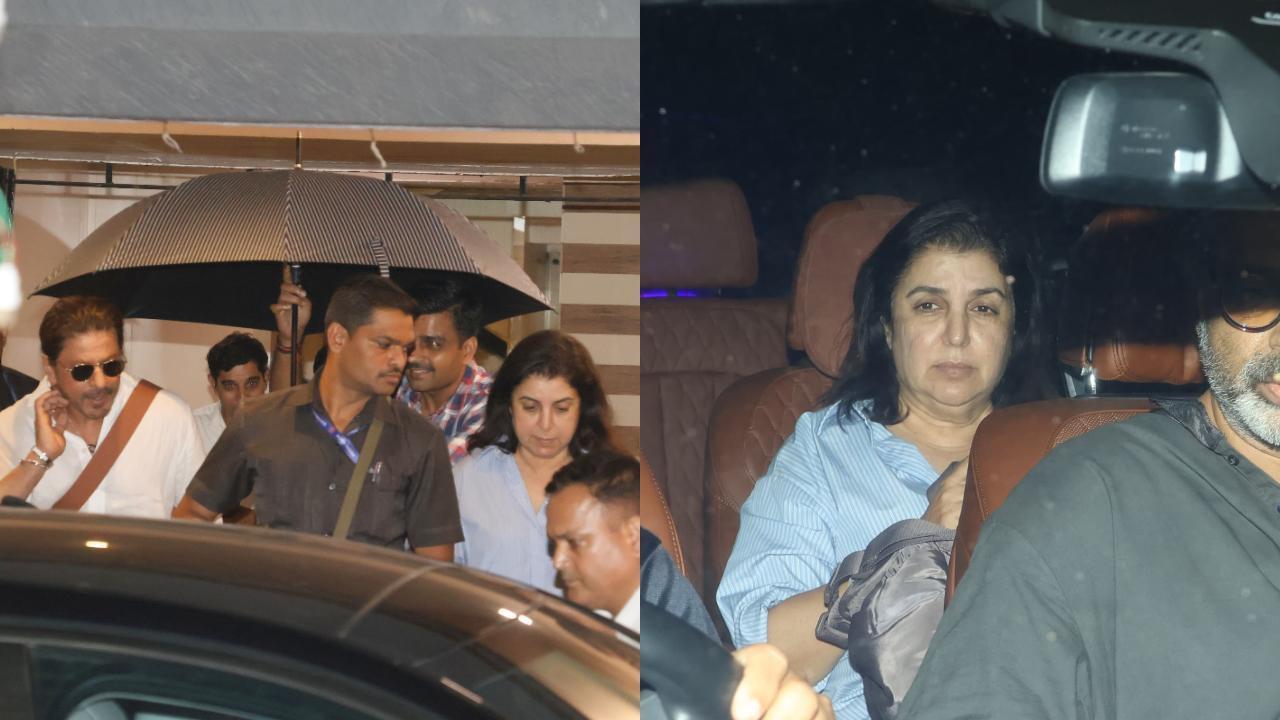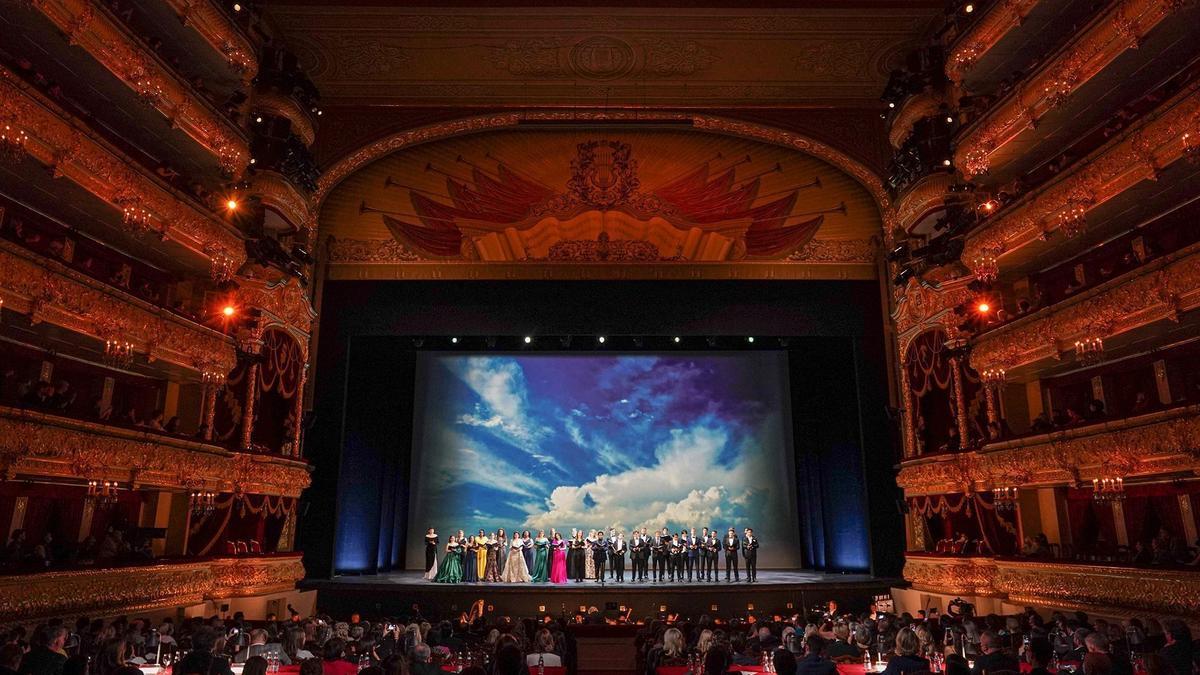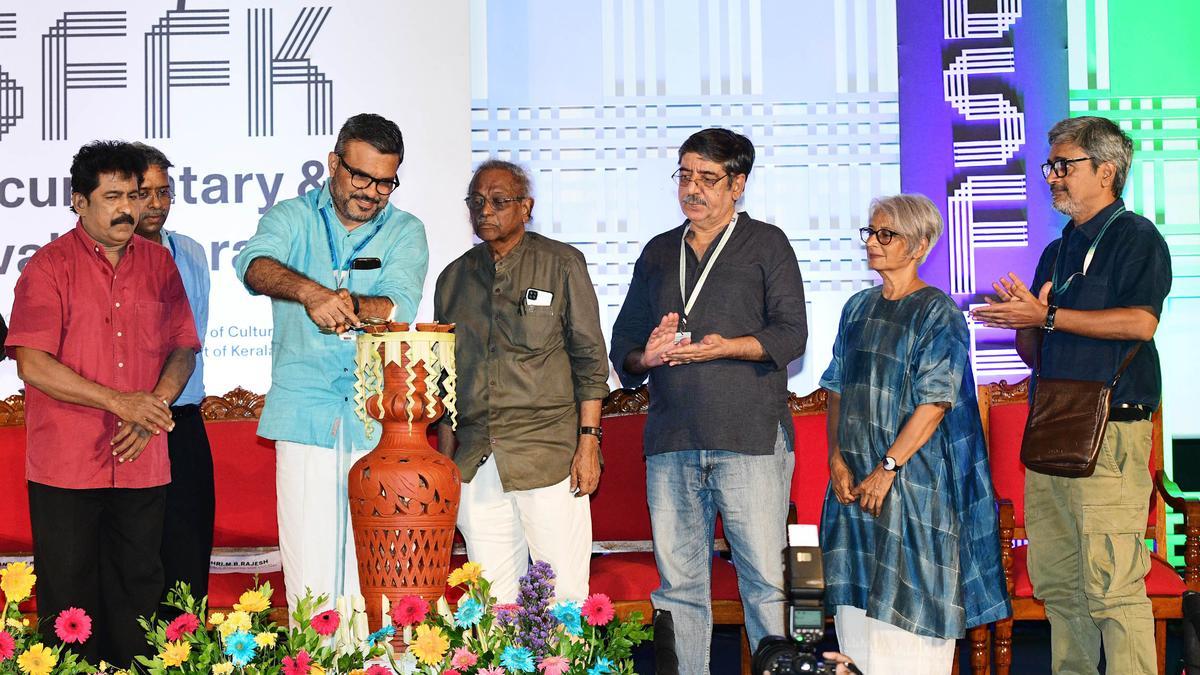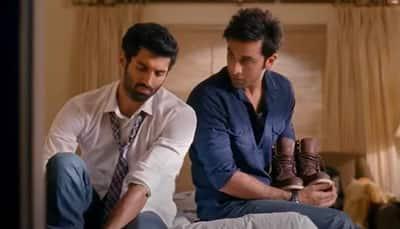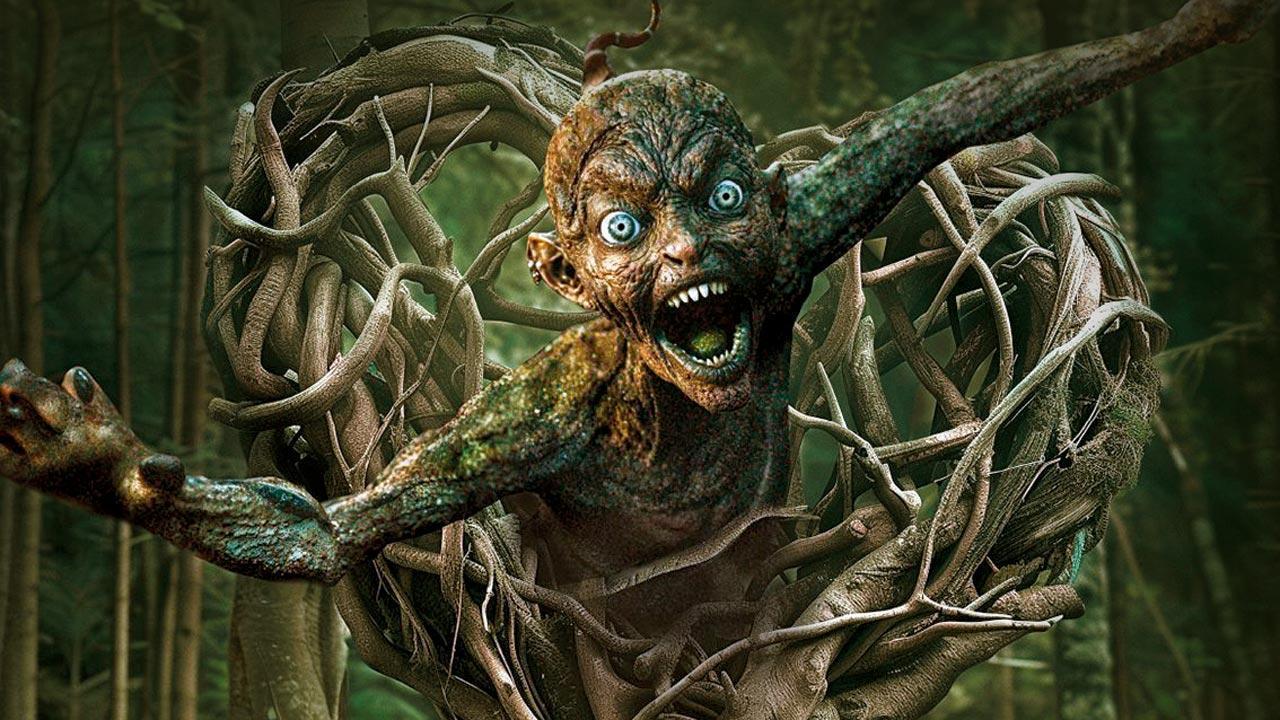
Rooted in a popular Maharashtrian folklore, Munjya explores the eerie tale of a boy who transforms into a ghost after dying shortly following his Brahminical thread ceremony. This spiritual entity, called Munjya, is believed to be a ghost longing to get married, a concept that should have lent itself well to a mix of horror and comedy. However, the film falls short of its potential.
“Munjya,” directed by Aditya Sarpotdar, stars Abhay Verma, Sharvari, Mona Singh, and Sathyaraj in key roles. Rated U/A, this film aims to capitalize on the horror comedy genre that has earned significant acclaim in Bollywood, especially through successes like Rajkummar Rao and Shraddha Kapoor’s “Stree” (2018), Rao and Janhvi Kapoor’s “Roohi” (2021), and the Varun Dhawan-starrer “Bhediya” (2022). Yet, Munjya, as an addition to producer Dinesh Vijan’s horror comedy universe, feels rather lackluster and fails to deliver the same excitement.
The story penned by Yogesh Chandekar initially showed much promise. The plot revolves around Munjya, the ghost of Bittu’s (Abhay Verma) granduncle, who was in love with an older woman named Munni. To free himself from Munjya’s haunting, Bittu must fulfill the ghost’s wish to marry Munni. On paper, this narrative had room for both chilling horror elements and absurd comedy, but the screenplay by Niren Bhatt doesn’t do justice to its intriguing initial premise.
The film starts off with an engaging setup, but quickly loses momentum after the first 20 minutes. Instead of building suspense, Munjya appears far too frequently, rendering the element of surprise and fear moot. This early and repetitive exposure of the ghost leaves little to the imagination, dissipating any initial tension and reducing the story’s overall efficacy. Without the underlying fear, the film desperately needs solid humor to keep the audience entertained. Unfortunately, most of the comedic attempts feel flat and juvenile, eliciting more groans than laughter.
The characters and performances also contribute to the film’s shortcomings. Bittu is portrayed as a subdued, timid introvert who, rather than seeking solutions, would prefer to suffer in silence.
. While Abhay Verma performs his role capably, the character’s lack of depth and variation means Verma has little to work with. Mona Singh’s portrayal of Bittu’s mother is one-dimensional, adhering to the tired stereotype of a fiery Punjabi woman. Sharvari, the female lead, has a disappointingly minimal presence in the film, appearing only briefly in the climax and failing to make a significant impact.
Despite the rich lore and interesting origin story behind Munjya, the film’s supernatural scenes fail to sustain interest. The repetitive jump scares lose their effectiveness, and the humor falls into predictable and unfunny patterns. It’s unfortunate that such potential has been squandered by a lackluster execution.
Adding insult to injury, the film’s post-credit scene, which teases a crossover within the cinematic universe, generates more excitement than the entire movie. This speaks volumes about the film’s inability to captivate its audience throughout its runtime. Fans eager for a satisfying horror comedy experience are likely to be disappointed by Munjya and may leave the theater feeling unfulfilled.
Ultimately, Munjya is a missed opportunity. The joy of watching horror lies in the anticipation of the unseen and unknown, a feeling this film fails to sustain. Without genuine scares or effective comedy, the film struggles to keep its audience engaged. One can only hope that future endeavors in this genre will learn from Munjya’s pitfalls and deliver on both fronts of horror and humor.
In conclusion, while Munjya attempts to tread the line between horror and comedy, it falters on both counts. There’s a lesson to be learned about balancing scares and laughs, and hopefully, this will be addressed in any forthcoming additions to the horror comedy universe. For now, Munjya serves as a reminder that execution matters as much as concept when it comes to cinematic storytelling.



